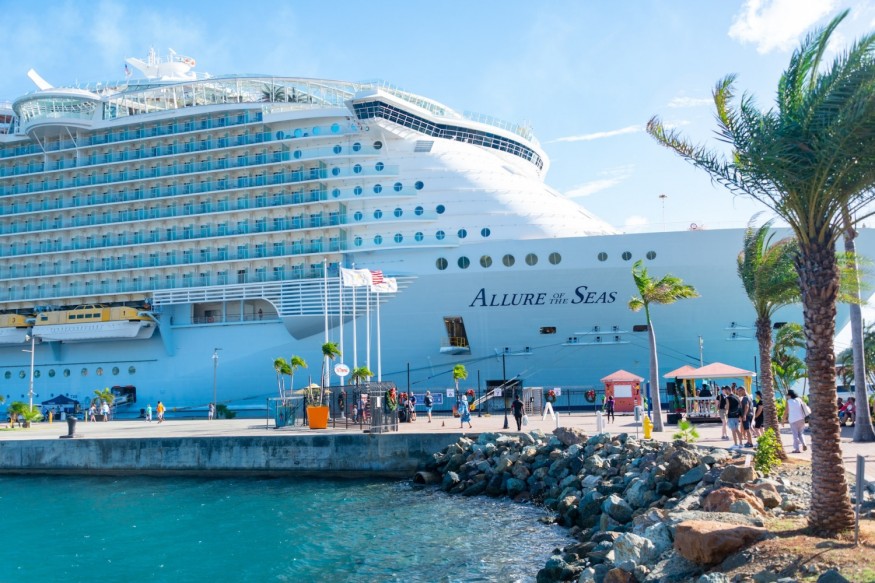
Over the past few years, the cruise industry has seen tremendous growth. Travelers from around the world want to have unique experiences on cruise ships and visit various breathtaking destinations. As much as it is enjoyable to go on a cruise vacation, this industry has faced backlash for its environmental impact. The environmental impact of the cruise industry is significant and contributes to global problems such as climate change and global warming.
In response to increasing concerns about sustainability, the cruise industry has implemented various initiatives and taken several measures to reduce its ecological footprint and be more sustainable. Let us have a detailed look at the sustainability plans of the cruise industry and discuss the efforts made by the industry to mitigate its environmental impact.
The Environmental Impact of the Cruise Industry
The environmental impact of the cruise industry is significant. The cruise industry faces environmental challenges such as air pollution, water pollution, waste generation, and high energy consumption, which contribute to global problems. Cruise ships emit greenhouse gases, which contribute to air pollution; discharge wastewater, solid waste, and hazardous substances, which damage marine ecosystems and pollute the water; and consume high amounts of energy, which further increases their carbon footprint.
Sustainability Plans Of The Cruise Industry
The cruise industry has recognized the environmental challenges that it faces and is actively taking steps to reduce its environmental impact.
Adoption of Cleaner Fuel Sources
One notable measure that is being implemented across the cruise industry by famous cruise lines like Royal Caribbean is the use of liquefied natural gas (LNG) as a fuel source. LNG is a cleaner fuel source for cruise ships than conventional fuel, as it significantly reduces sulfur dioxide and particulate matter emissions. In addition, different battery power and shore power connections are being explored, which, when implemented, will further reduce air pollution and energy consumption.
Waste Management and Recycling Programs:
The industry has also taken several waste management and recycling initiatives to reduce waste production. Efficient waste management and waste segregation systems have been implemented by cruise lines on their ships to manage waste products more efficiently. Advanced recycling programs have also been initiated to process materials like glass, plastic, and paper.
Cruise lines are also encouraging their passengers and crews to separate recycling waste and recycle it instead of throwing it away. Some cruise lines have even gone a step further and introduced waste-to-energy conversion systems, minimizing waste and generating clean energy.
Emissions Reduction Strategies
Since greenhouse gas emissions are another major challenge for the cruise industry, various cruise lines, including Disney Cruise Line, are adopting various measures to reduce these emissions. Cruise lines are implementing various energy-efficiency technologies throughout the ships to reduce energy consumption and use the energy more efficiently. In addition, advancements are also being made to hull designs to improve fuel efficiency. Moreover, cruise lines are also implementing slow-steaming techniques to conserve fuel and further reduce emissions.
Collaboration with Environmental Organizations
The cruise industry and the major cruise lines have also started collaborating with various environmental organizations and certification programs. Cruise lines have formed collaborations with entities such as the Ocean Conservancy and the Nature Conservancy to enhance their conservation efforts. In addition, certification programs like Cruise Lines International Association's (CLIA) Environmental Sustainability Program provide a framework and support policies and practices that foster a safe, secure, healthy, and sustainable cruise ship environment.
Transparency and Reporting
Along with the aforementioned initiatives, transparency, and reporting are other measures in the cruise industry's sustainability plans. Because of global concerns regarding the environmental impact of cruise ships, many cruise lines now publish their sustainability reports, in which their environmental performance and progress are explained in detail.
Key performance indicators, such as fuel consumption, waste generation, and emissions, are being used to track environmental performance. This transparency and reporting by the cruise industry show its commitment to achieving sustainability.
The cruise industry recognizes and understands the environmental challenges it faces and has been taking measures to mitigate its environmental impact. With a focus on adopting clean technologies, implementing waste management programs, collaborating with environmental organizations, and reducing emissions, cruise lines are working towards a greener future and making the industry more sustainable.
© 2025 NatureWorldNews.com All rights reserved. Do not reproduce without permission.





